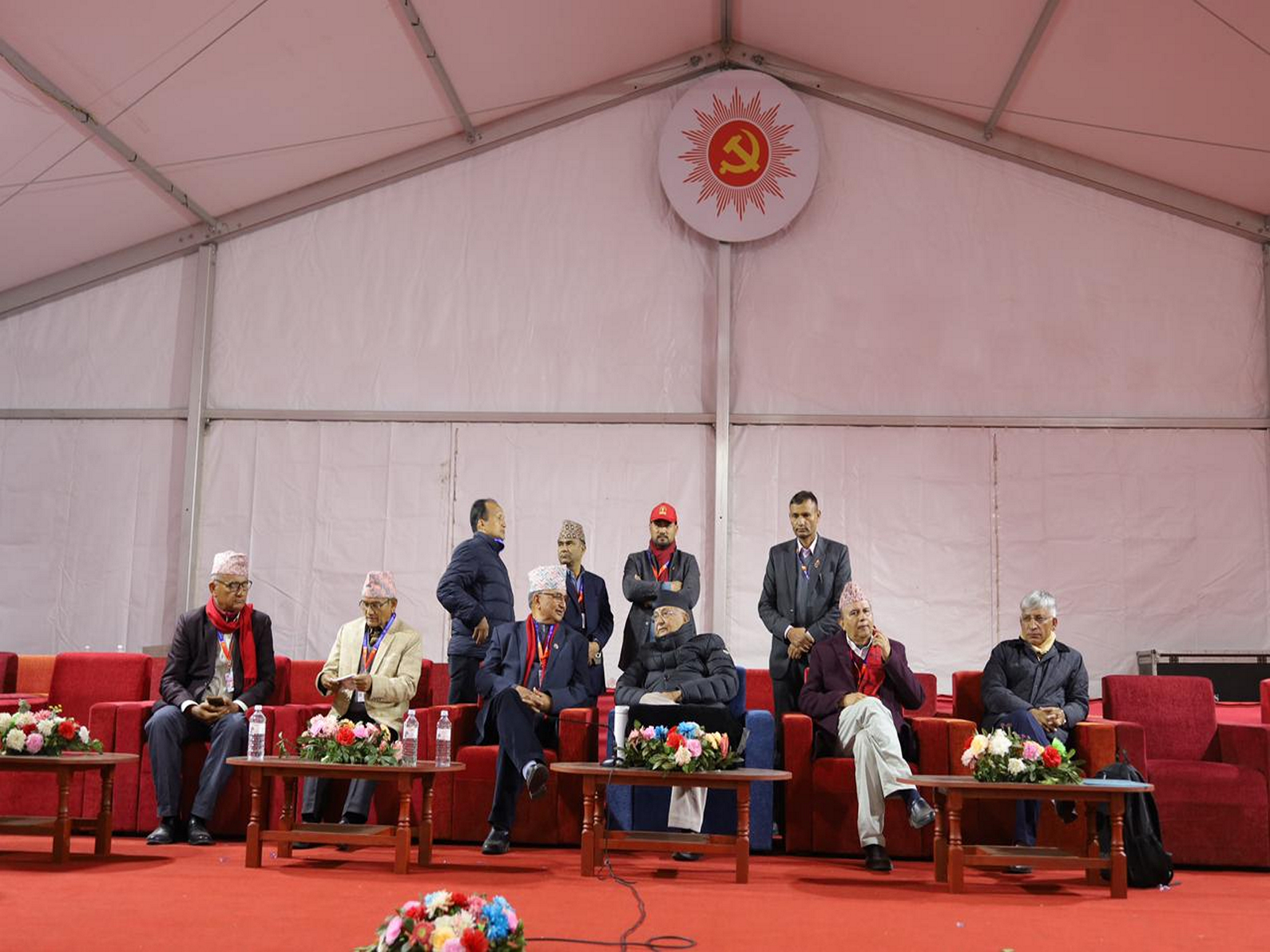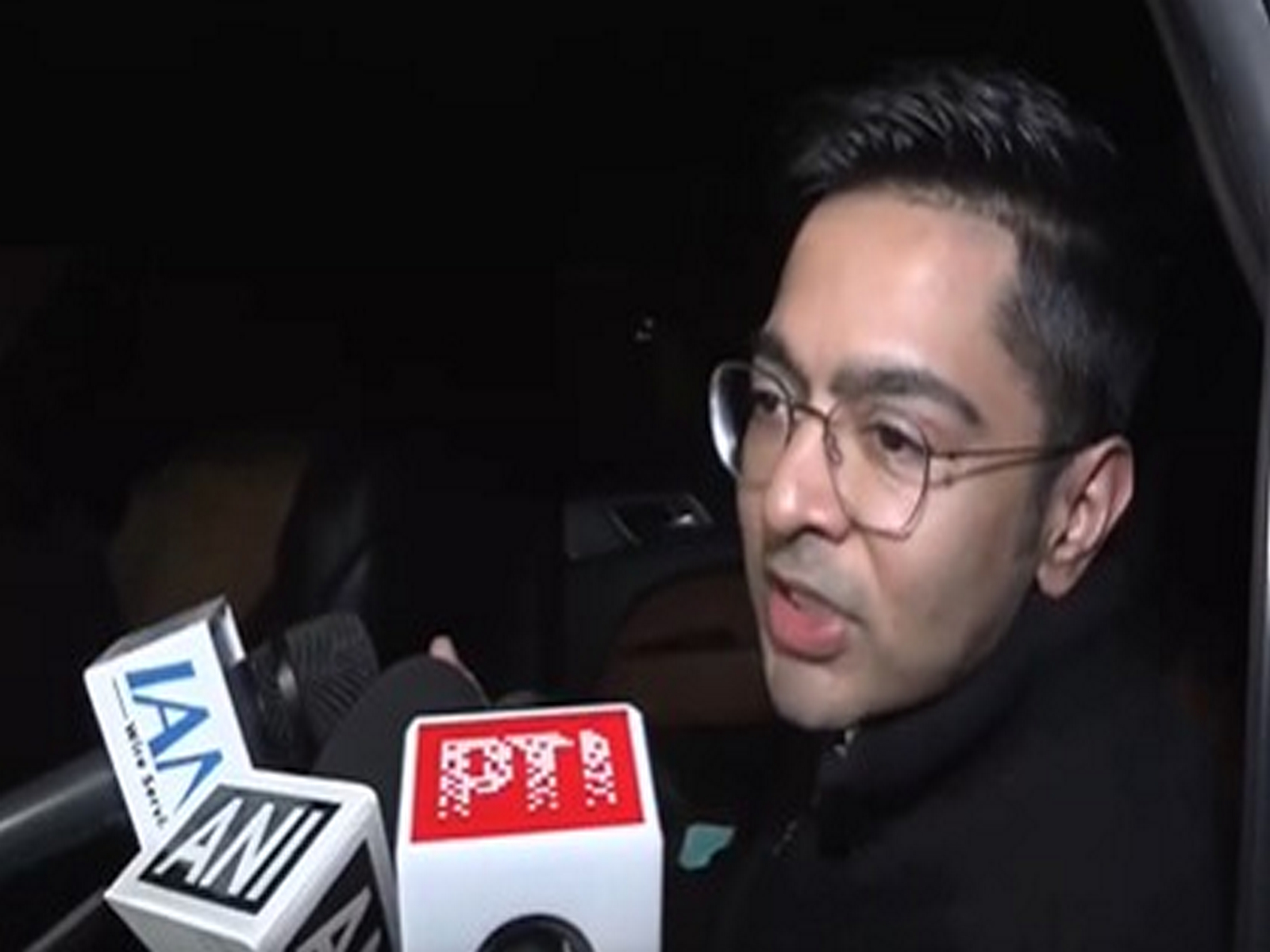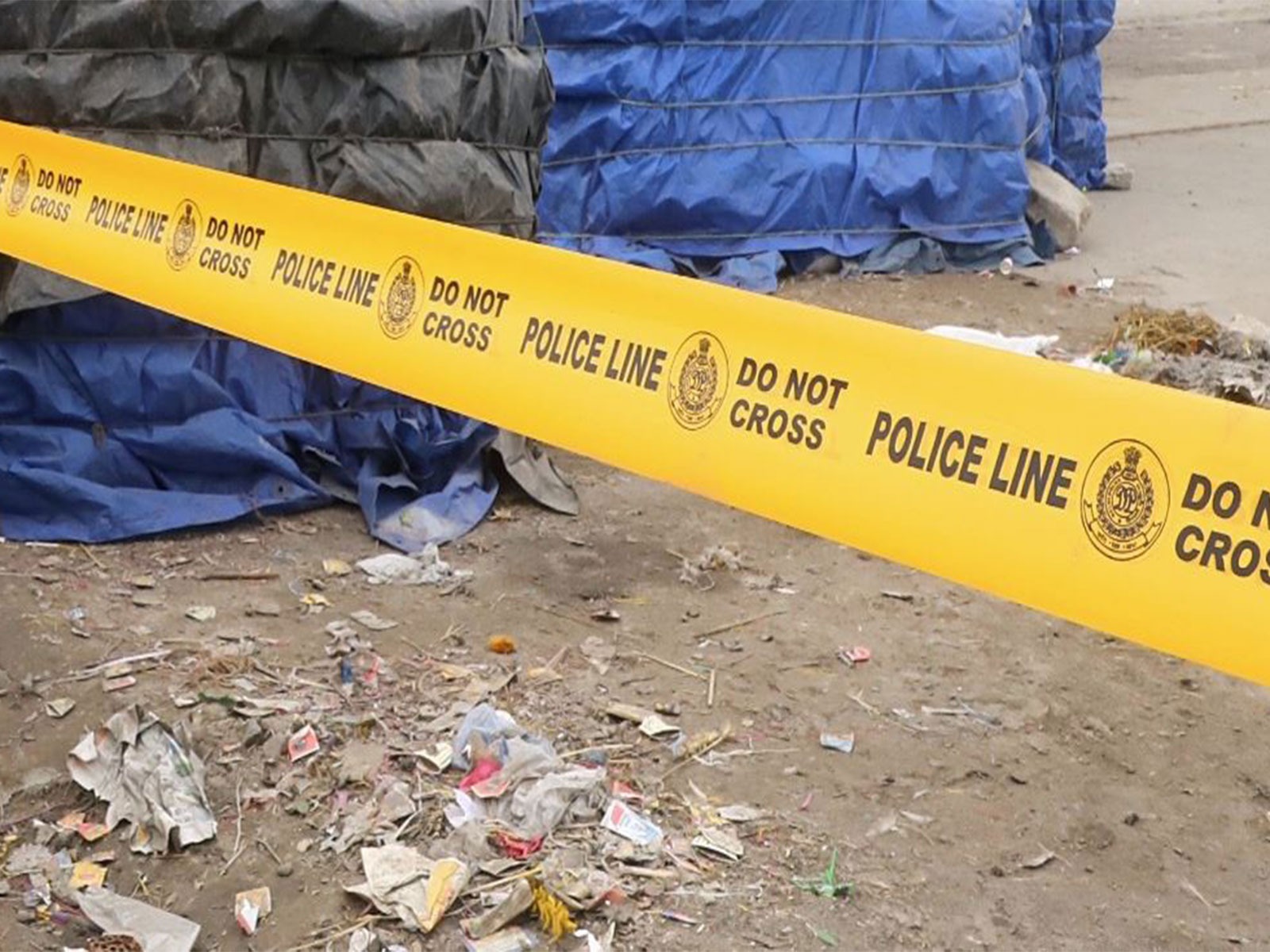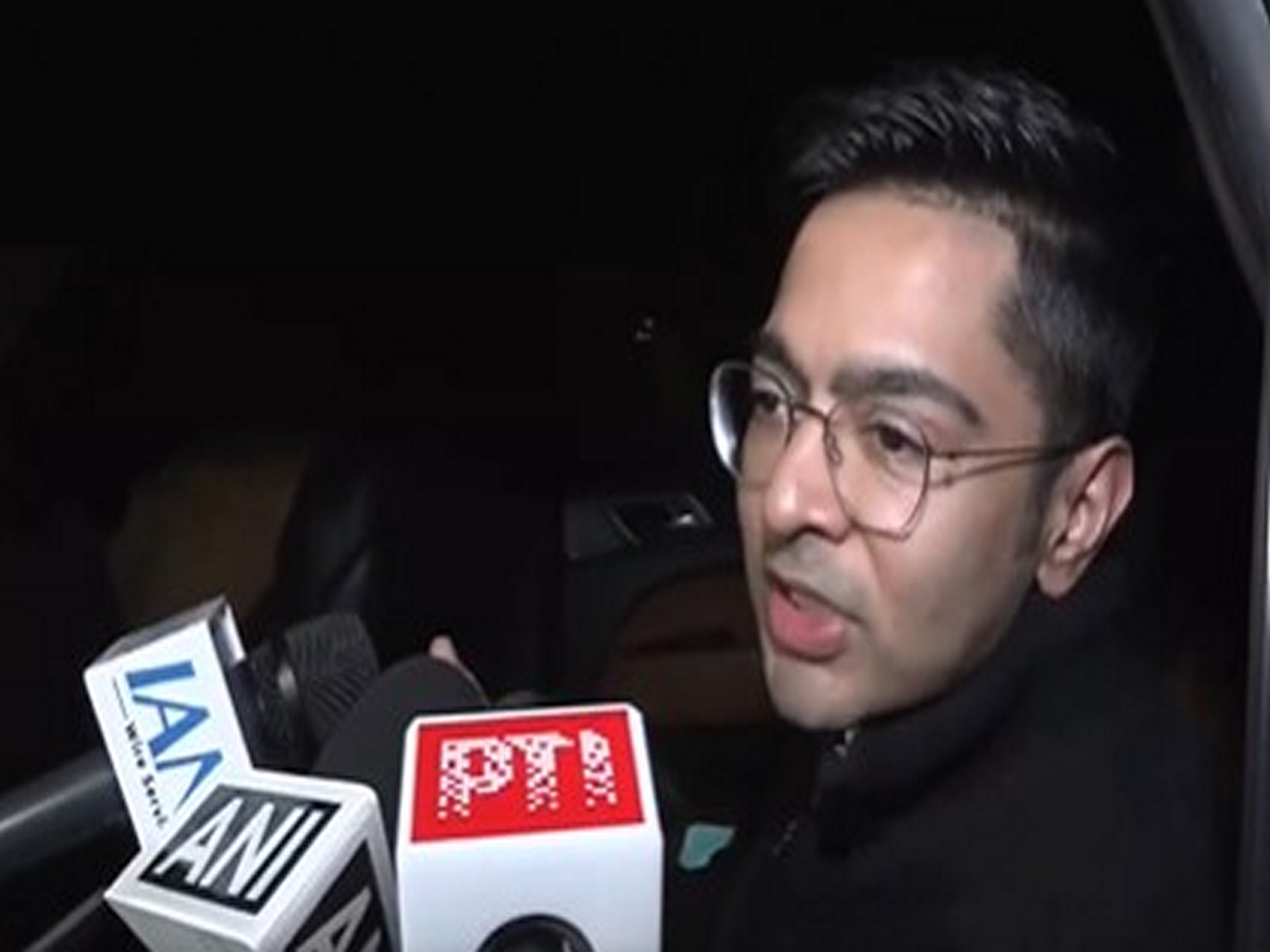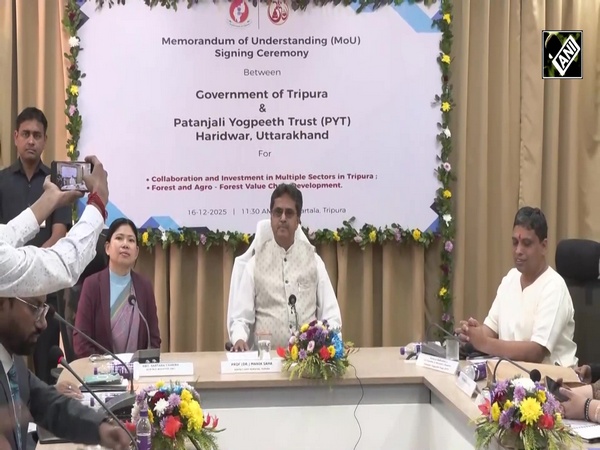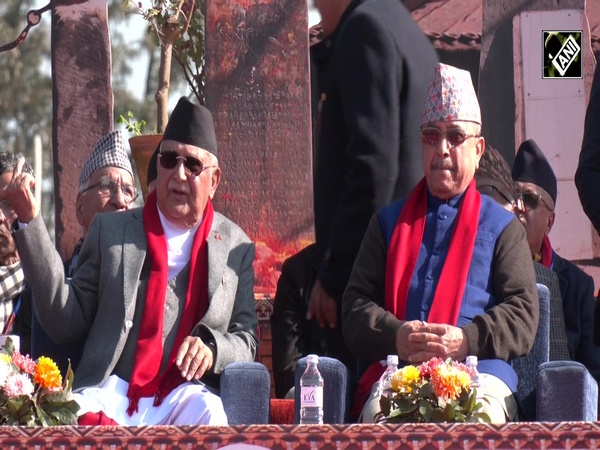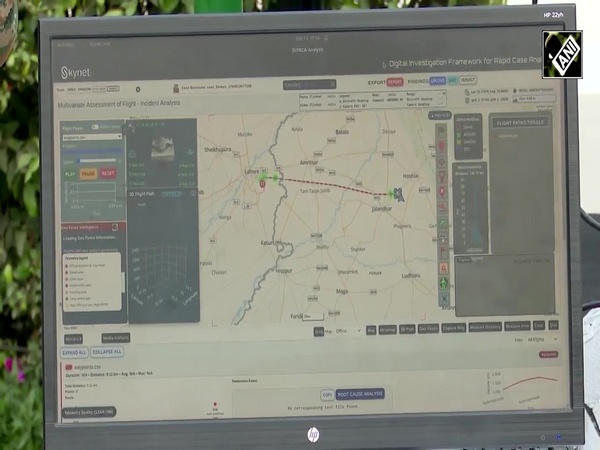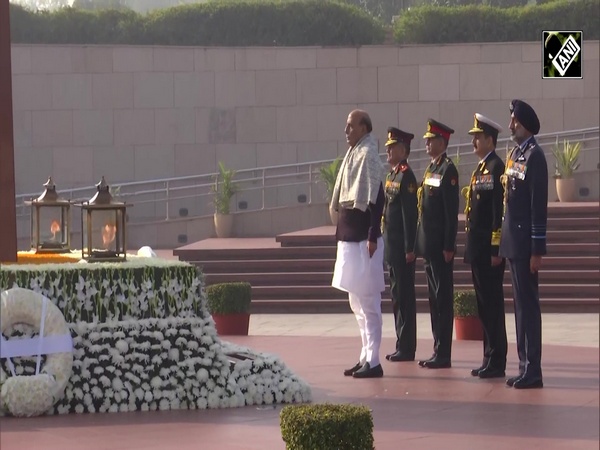Pakistan: 'Fake' COVID restrictions notification claims closure of educational institutes till Jan 31 in Sindh
Jan 08, 2022

Islamabad [Pakistan], January 8 : "Fake" COVID restrictions notification circulating on social media is misleading the public in Sindh province which claims that all educational institutes will remain closed till January 31.
Negating the widely shared notification, the Sindh government on Friday clarified that the notification is "fake" and no such directives have been issued, reported Geo News.
In a statement, the spokesperson for the Sindh chief secretary said that the provincial government has not issued any order related to coronavirus measures.
"The notification circulating on social media is fake," he said, reported Geo News.
Social media has been rife with fake news for the last several days since the coronavirus started to rise, with unscrupulous elements sharing fake notifications and statements claiming to be issued by the government.
Meanwhile, as the fifth wave of the coronavirus intensified in Pakistan, the positivity rate in the country's financial capital Karachi has doubled in one week to cross 10 per cent, reported Dawn.
Data from the Sindh health department showed that the positivity rate in Karachi was 4.74 per cent on December 31, 2021, when 160 people in the metropolis tested positive for the virus.
In contrast, 650 people tested positive in the provincial capital on January 6, while the positivity rate was recorded at 10.25 per cent.
The positivity rate in Hyderabad stood at 1.24 per cent in the last 24 hours while it was 0.94 per cent for the rest of the province, reported Dawn.
Overall, the country detected 1,293 new infections on Friday, the highest in over three months, marking the second day of more than 1,000 daily cases. The highest number of cases was reported in Sindh at 759 followed by Punjab at 376.
In a statement, Abdul Rasheed Channa, spokesperson for the Sindh chief minister, said the total number of cases of the new variant had risen to 307 in the province, reported Dawn.
Channa said under a separate initiative by the provincial government to gauge the prevalence of the Omicron variant, 37 samples were tested between January 3 and 5, out of which 30 came back positive for Omicron.
